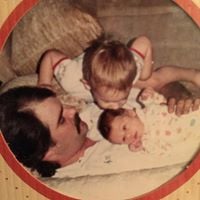Which three Presidents of the United States died on the 4th of July?
On July 4, 1831, James Monroe died from heart failure and tuberculosis at his daughter’s house in New York City. The fifth U.S. president had attempted to write an autobiography, but was unable to complete it as his health slowly deteriorated after his wife died the year before
The narrow New York City streets were crowded on the day of his funeral, as thousands of mourners lined up to to see the 73-year-old’s hearse make its way to the family vault in Marble Cemetery.
With his death came an eerie coincidence that many people couldn’t ignore: Monroe became the third president and Founding Father to die on the Fourth of July.
Five years earlier, on the 50th anniversary of the Declaration of Independence, longtime friends and occasional rivals Thomas Jefferson and John Adams also died.
To many Americans in the early 19th century, the timing of the deaths of three men who helped found and guide the young United States went beyond sheer coincidence.
"Again our national anniversary has been marked by one of those events, which it may be scarcely permitted to ascribe the chance,” the "Boston Traveler" newspaper wrote on July 8, 1831.
Religion played a prominent role in the lives of many Americans during the early 19th century — an era known as the Second Great Awakening that took off around the late 1820s and early 1830s. It was only natural that many Americans of the era saw religious significance in the timing of the deaths of Adams, Jefferson and Monroe.
More Info:
www-latimes-com.cdn.ampproject.org




